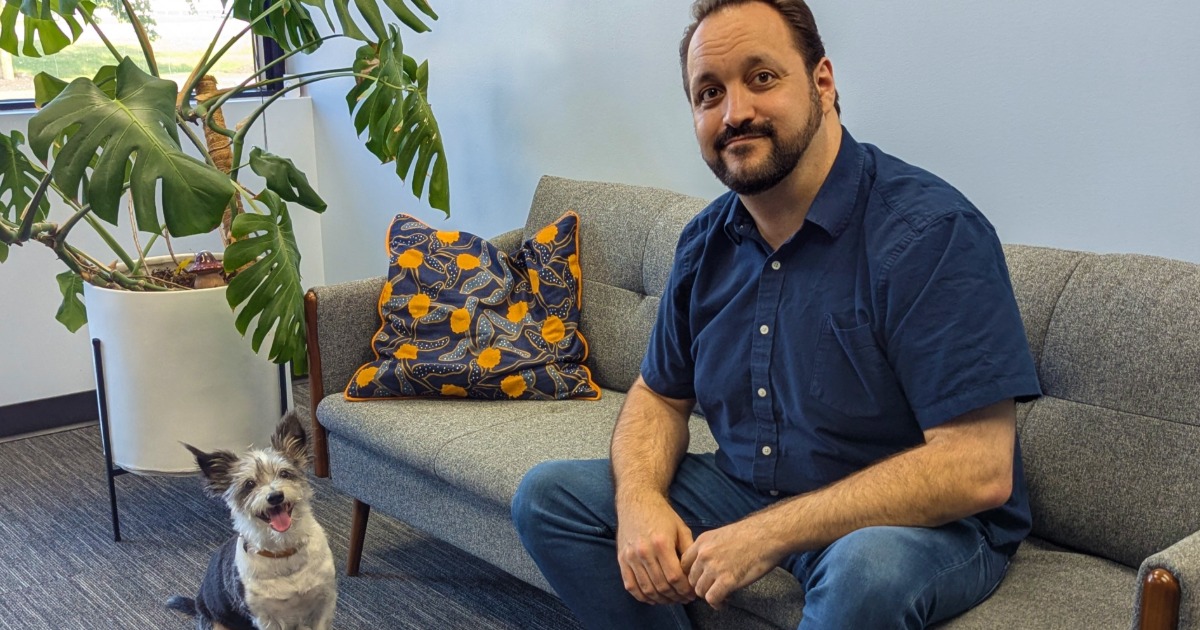When it comes to investing in new technology, failure is not an option for healthcare organizations – especially for projects that deal with patient safety. While many factors contribute to a successful implementation, working closely with the right vendor is a key component.
For Paula Pasquinelli, M*Modal's vice president of implementation and adoption service, it begins by building a partnership with the healthcare organization.
"The key to a successful implementation is always making end-user needs the central focus of the project," said Pasquinelli. "A vendor must build a true partnership, be consistently responsive and reliable, and engender trust in order to achieve agreed-upon outcomes and timelines."
From the beginning of any project that directly impacts those delivering care, she explained that a vendor needs to consider the organization's goals in conjunction with leveraging the vendor's subject matter expertise and industry experience.
"Everyone talks about following best practices but consistently ensuring alignment to those best practices is critical to success," said Pasquinelli.
Also part of the vendor's role is the need to protect against sophisticated threats while ensuring compliance.
"Like every organization in the world today, our business could also be at risk of sophisticated threats which have had a devastating impact on healthcare organizations and vendors," said Pasquinelli. "Our biggest challenge has actually been our greatest strength -- ensuring compliance across the globe with quickly-changing and increasingly more stringent regulations."
For any business, she said it's imperative to understand country-specific regulations to ensure "you can develop tools and processes to meet these requirements."
As vice president, Pasquinelli said she feels she has "a responsibility to provide the best solutions and services to care providers that ultimately improve patient care."
Through her leadership, Pasquinelli shares that mission with her staff, encouraging "team members to bring new ideas to the table, provide open feedback, and seek growth opportunities both professionally and personally."
She said she also is committed to nurturing future leaders and being a positive role model to other women in the industry who can positively impact the industry.
"The time seems ripe for empowerment of women, with long-silenced issues coming to the forefront of society," said Pasquinelli. "It's wonderful to watch as women gain confidence to ask for what is rightfully theirs in the corporate world, including leadership roles, equal pay and respect."
"For years, women have been the backbone of healthcare and now they need to confidently insist on getting what is deservedly theirs in the corporate structure," she added. "Increasingly, I work with women colleagues and clients whose strong voices and work ethic are beginning to earn them a seat at the leadership table to make business decisions that impact patient care."
Twitter: @JessieFDavis
Email the writer: jessica.davis@himssmedia.com


